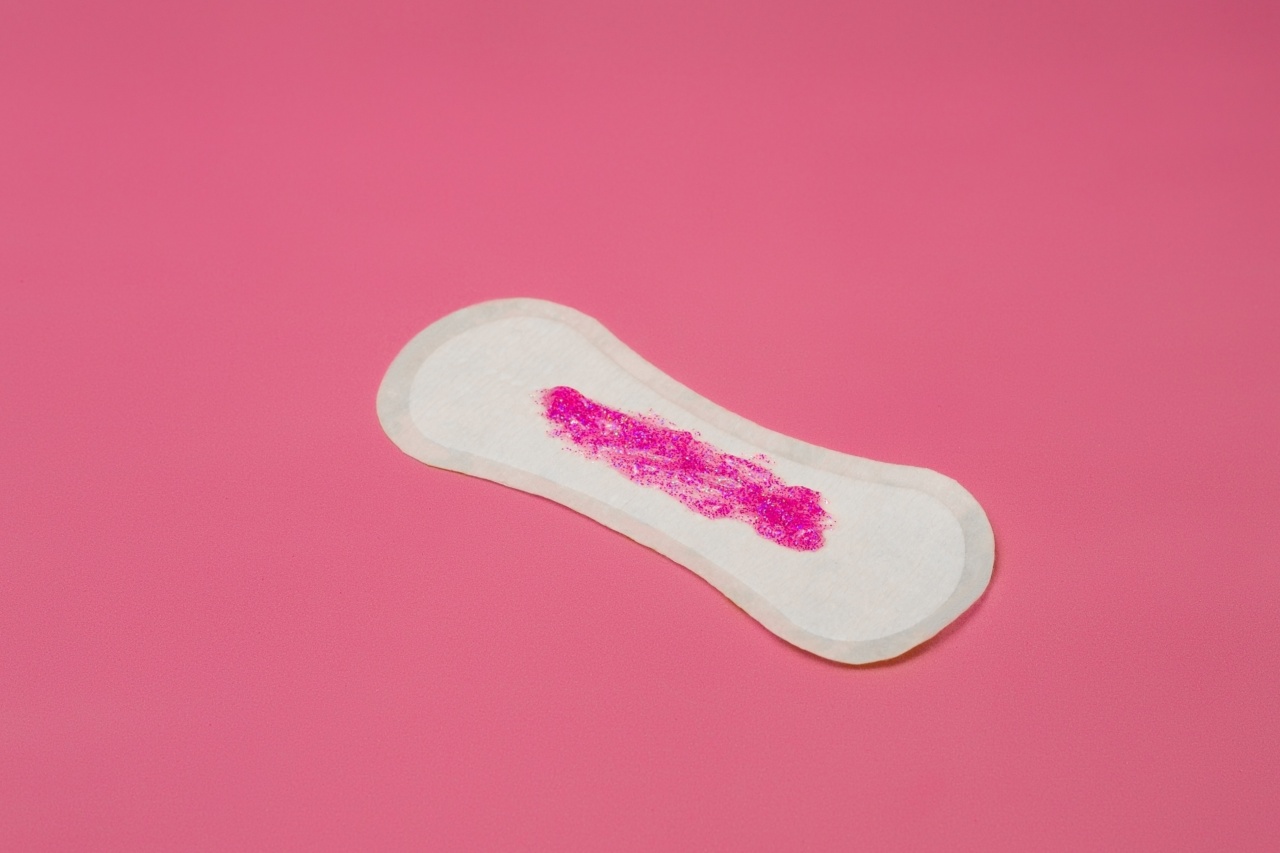It is not unusual for women to experience cramps during their menstrual cycle. In fact, menstrual cramps are a common symptom that appears in most women’s lives, but sometimes it can be unbearable.
While cramps can be a typical experience for most women during menstruation, it is crucial to understand that severe pain and discomfort may indicate a severe medical condition, such as endometriosis.
What is Endometriosis?
Endometriosis is a disorder that affects the tissue lining the uterus and leads to pain and, in some cases, result in infertility. The tissue outside the uterus reacts typically lining of the womb inside can grow outside, leading to discomfort and pain.
Endometriosis usually affects women between the ages of 25-40, and with the severity of the disease, it significantly impacts the woman’s quality of life.
Symptoms of Endometriosis
There are specific symptoms that women with endometriosis usually experience, such as:.
- Chronic Pain in lower back
- Painful Bowel Movements
- Heavy Menstrual Cycle
- Pain during intercourse
- Chronic fatigue
- Infertility
- Bloating or constipation
- Pain during urination
- Rectal Bleeding
Can Cramps Indicate Endometriosis?
Cramps can be an indicator of endometriosis. However, if mild cramping is the only symptom, then it is not necessarily an indicator of endometriosis.
Women with severe menstrual cramps typically require pain medication to manage their pain, and it becomes unbearable for them. Thus, it is essential to understand that such severe pain and discomfort can be endometriosis.
If the menstrual pain persists even after two days’ application of pain medication, it is essential to consult a gynecologist and discuss your symptoms.
Underlying Factors that Make Cramps During Menstruation Indicate Endometriosis
There are specific underlying factors that make menstrual cramps indicate endometriosis.
Familial History
One of the primary indicators that can facilitate the formation of endometriosis is genetics. Women whose family members, like aunts, sisters, or mother, have previously suffered from the disorder, are more prone to develop endometriosis.
If you have a history of endometriosis in your family and experience severe cramps during menstruation, you can consult your gynecologist to further investigate.
Heavy Periods
If you experience heavy periods, it could be an indication of endometriosis. Women who have been diagnosed with endometriosis usually experience heavy bleeding during their periods.
Longer Menstrual Cycles
If you experience periods that are longer than the average length, it could potentially mean you have endometriosis. Sometimes, women with endometriosis have periods that may last longer than 7 days.
Pain Becoming Severe
If your menstrual pain becomes more severe with time, that could be another indication of endometriosis.
If you find that the pain has increased significantly without any explanation, it could be the right time to speak to your gynecologist and leave no room for doubt.
Painful Menstrual Cramps that keep increasing
It is essential to monitor the menstrual cramps’ severity level to understand if it is an indicator of endometriosis.
If your menstrual cramps become more and more painful with each menstrual cycle, it is necessary to have a gynecologist conduct proper tests to evaluate your condition.
The Final Verdict
In conclusion, it is essential to pay attention to your body and understand the signals it’s giving you.
Cramps during menstruation are a typical phenomenon, but if it becomes unbearable and is accompanied by other symptoms such as pelvic pain, painful intercourse, or infertility, it could be a sign of endometriosis. Therefore, it is critical to seek medical advice from a gynecologist and discuss symptoms to get a correct diagnosis and treatment plan tailored to your requirements.





























